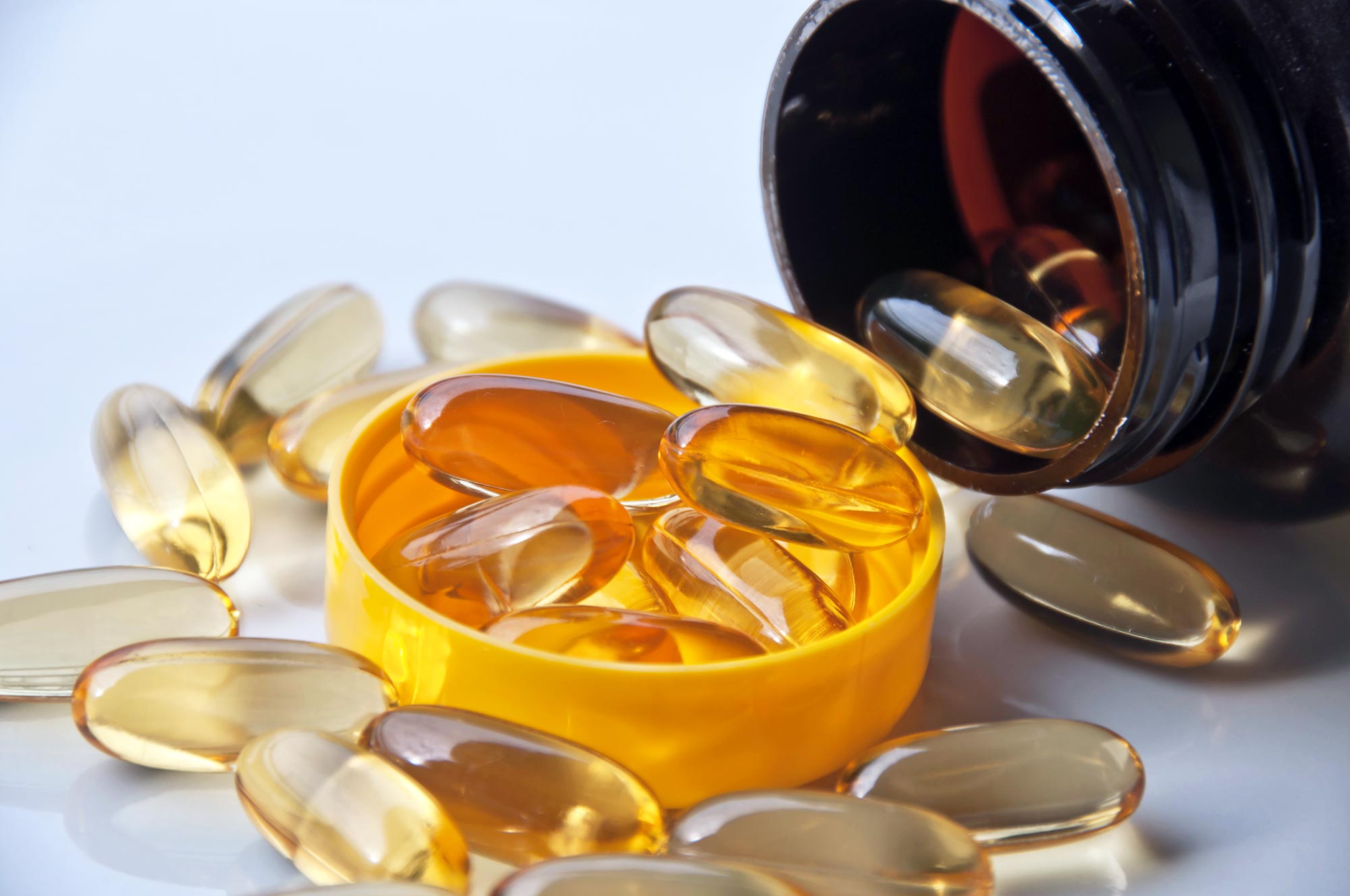RenaissanceMan
Member
- Joined
- Jun 30, 2021
- Messages
- 194
Animal studies identify many effects of PUFAs in the dopamine system. Dietary deficiency of omega-3 PUFAs lowers levels of dopamine (de la Presa Owens and Innis, 1999), D2 receptors, D2 receptor mRNA and dopaminergic presynaptic vesicles (Zimmer et al., 2000a), and increases breakdown of dopamine (Zimmer et al., 1998), in the prefrontal cortex. Omega-3 PUFA deficiency also results in decreased tyrosine hydroxylase (Kuperstein et al., 2008), the rate-limiting enzyme in dopamine synthesis and the main target of prolactin feedback regulation of dopamine (Arbogast and Voogt, 1991), and fewer detectable dopaminergic neurons in the substantia nigra and ventral tegmentum (Ahmad et al., 2008), but higher dopamine levels, D2 receptor mRNA, D2 receptors, and less release and breakdown of dopamine in the nucleus accumbens (Zimmer et al., 2000b). Maternal omega-3 PUFA deficiency results in elevated post-natal expression of dopamine receptor genes in rat pups (Kuperstein et al., 2005). Dietary supplementation with omega-3 fatty acids increases dopamine levels and D2 receptor binding, and lowers monoamine oxidase B (MAO-B) activity in the prefrontal cortex and D2 receptor binding in the striatum (Chalon et al., 1998).
 raypeatforum.com
raypeatforum.com
EPA levels within the brain are low in comparison to that of DHA, but this fatty acid also plays an important neuroactive role and may have benefits over DHA in treating Parkinson’s disease. Firstly, EPA is a natural precursor to the synthesis of DHA and also blocks the production of an enzyme called PLA2, which releases DHA from cell membranes. By blocking this enzyme, EPA therefore helps to maintain cell membrane integrity within the brain. EPA is also a potent anti-inflammatory, and, unlike DHA, can directly inhibit the production of inflammatory products from the omega-6 arachidonic acid, which themselves are known to contribute to the progression of Parkinson’s. EPA, again preferentially over DHA, is also involved in myelinogenesis by stimulating the production of several myelin proteins which are thought to be key to the inhibition of loss of myelin and therefore brain atrophy. More recently, EPA has been suggested to regulate dopamine turnover and down-regulate genes involved in neuronal cell death pathways, thus further supporting a beneficial role for ethyl-EPA supplementation as both a preventative and therapeutic tool in neurodegenerative diseases.
"DHA is really important for transporting glucose across the blood-brain barrier."
According to Rhonda Patrick, DHA is crucial for brain ATP levels and cerebral glucose metabolism. Can someone who is well-versed in Peat's work explain why the brain accumulates it if it's a toxin according to him? Should DHA be prioritized in our diets and/or supplemented via a pure...
EPA levels within the brain are low in comparison to that of DHA, but this fatty acid also plays an important neuroactive role and may have benefits over DHA in treating Parkinson’s disease. Firstly, EPA is a natural precursor to the synthesis of DHA and also blocks the production of an enzyme called PLA2, which releases DHA from cell membranes. By blocking this enzyme, EPA therefore helps to maintain cell membrane integrity within the brain. EPA is also a potent anti-inflammatory, and, unlike DHA, can directly inhibit the production of inflammatory products from the omega-6 arachidonic acid, which themselves are known to contribute to the progression of Parkinson’s. EPA, again preferentially over DHA, is also involved in myelinogenesis by stimulating the production of several myelin proteins which are thought to be key to the inhibition of loss of myelin and therefore brain atrophy. More recently, EPA has been suggested to regulate dopamine turnover and down-regulate genes involved in neuronal cell death pathways, thus further supporting a beneficial role for ethyl-EPA supplementation as both a preventative and therapeutic tool in neurodegenerative diseases.
Last edited:


